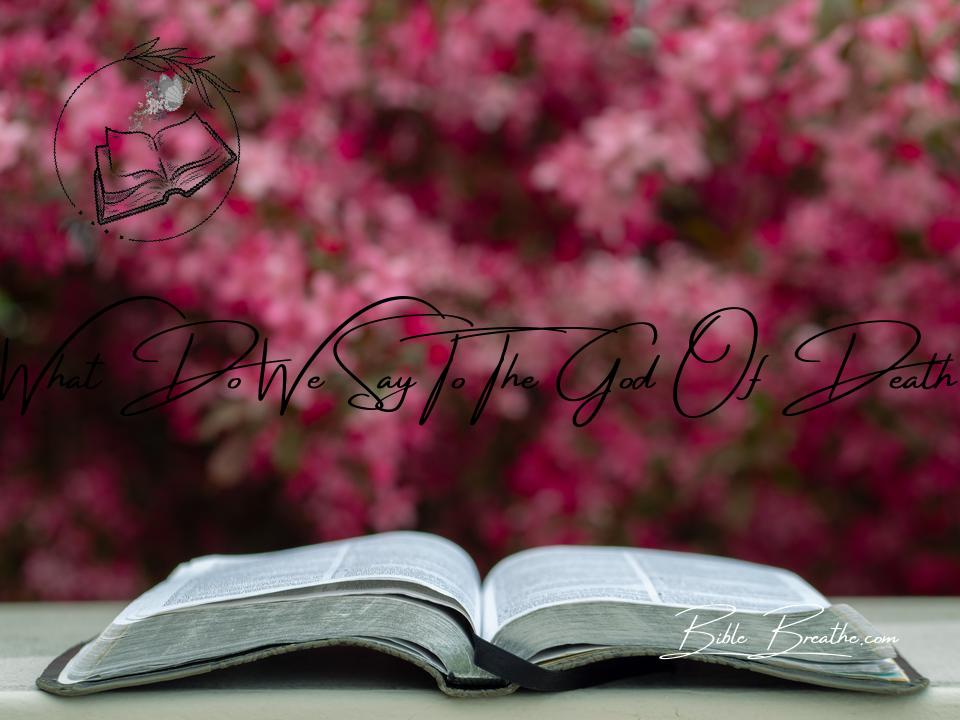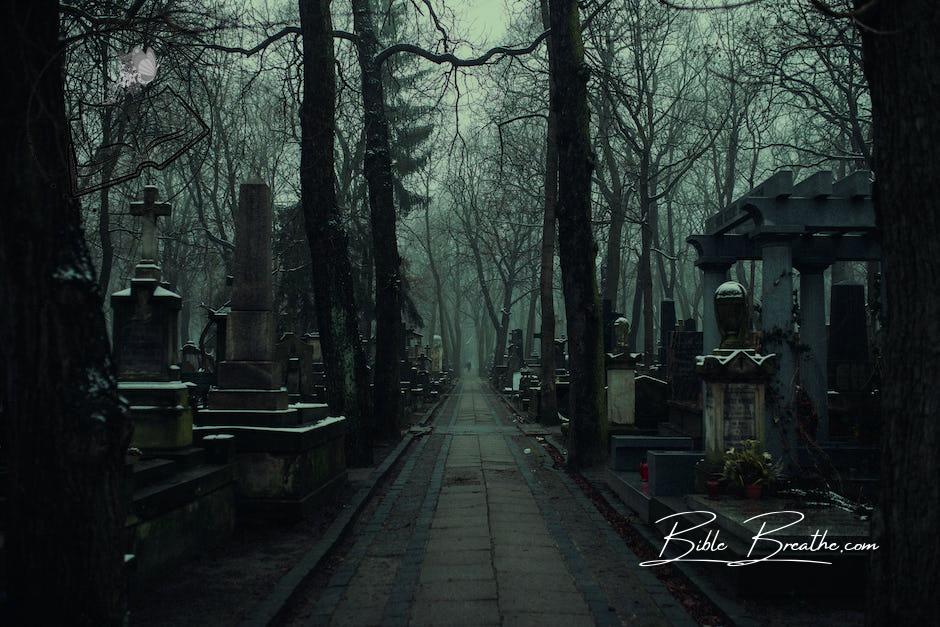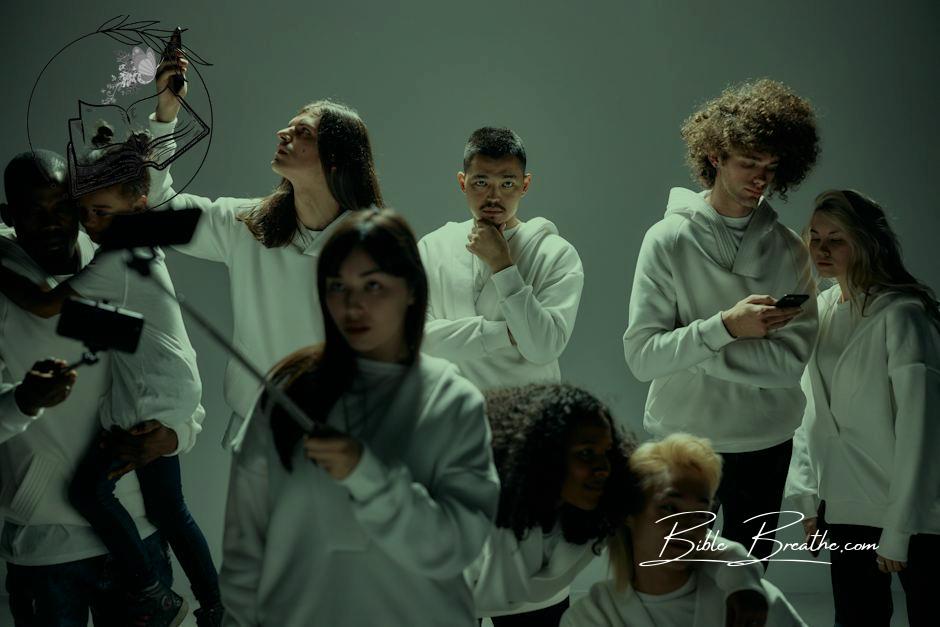What’s our response to the God of Death, fam?
It’s not just a line from a show, but a deep question that goes beyond the screen.
Think about it like this: when Arya Stark faced death in Game of Thrones, she didn’t back down.
She stood strong, and that’s a lesson for all of us.
This phrase is like the ultimate “no surrender” statement, teaching us to confront life’s toughest moments with courage.
It’s like when you’re facing a tough exam or a job interview – you don’t run; you face it head-on.
But it’s not just about TV, it’s about us too.
We all have our battles and moments of facing our fears.
Join me as we break down the roots of this phrase and see how it’s become a symbol of resilience and hope.
We’re talking about real-life strength, my friends, and it’s a lesson we all need to learn.
💪📺
Key Takeaways
- “What do we say to the god of death?” This question reflects a universal theme of confronting and defying death, emphasizing the human spirit’s resilience.
- It highlights the power of popular media in shaping cultural narratives and influencing how we perceive and respond to challenging concepts like mortality.
- The phrase serves as a reminder of the importance of resilience and maintaining hope, even in the face of adversity, as we navigate the complexities of life and death.
Staring Death Down: A Bold Whisper to the Reaper
Photo modified by BibleBreathe.com. Original photo by KoolShooters on Pexels
An Encounter with Mortality: A Heartfelt Account
Life, my friends, sometimes throws us at the feet of death.
It’s akin to standing on the edge of a cliff, peering into the unknown.
A near-death experience is a tale that makes your heart race, your mind race faster, and a sudden realization of how fragile our lives truly are.
I still recall my own close call, a moment when life balanced on a knife’s edge, and the path forward was shrouded in uncertainty, flirting with the possibility of departing this world.
The Strength of Resilience: Proclaiming “Not Today”
“Not today.” – Syrio Forel, Game of Thrones
In these three simple words, there’s a reservoir of strength.
It’s a shout of defiance that springs from the depths of our being when we stand against the inevitability, when we face the very notion of our own mortality.
Syrio Forel, a character from the epic Game of Thrones series, imparted this wisdom to Arya Stark.
It’s a battle cry against the mightiest foe – death itself.
Scars of Victory: A Testament of Triumph
Post the skirmish with the God of Death, we often bear scars, not only on our skin but deep within our hearts and souls.
These scars, like medals, tell the story of our resilience and victory.
They narrate how we stood tall, defying the odds and echoing, “Not today.” They are the visible proof of our triumph over that unyielding adversary.
In the grand tapestry of life, the phrase “Not today” is like a vibrant thread, woven into the very fabric of our being.
It’s a declaration, a rallying cry, and a reminder that even in the face of death, we have a choice: to stand tall in defiance, to clutch onto hope, and to embrace our resilience.
Just as Arya Stark did, we can lock eyes with death and declare our refusal to surrender, at least for today.
What Do We Say to the God of Death? Unveiling the Arya Stark and Game of Thrones Connection
Photo modified by BibleBreathe.com. Original photo by cottonbro studio on Pexels
Hey there, friends!
Life has a way of bringing us face to face with the daunting reality of death.
It’s a topic that concerns all of us, young and old alike.
And today, we’re going to explore a unique perspective on this universal truth through the lens of an iconic character from the Game of Thrones series – Arya Stark.
Arya Stark: A Young Warrior’s Journey
Now, picture this: a young girl thrust into a world where the specter of death looms over her family.
Arya Stark’s journey is a rollercoaster of resilience and defiance.
From witnessing her father’s unjust execution to becoming a master assassin, her life is a testament to the human spirit’s unwavering strength.
In Game of Thrones, death is ever-present, and Arya’s transformation into a Faceless Man reveals a captivating approach to the age-old question of how to respond to the God of Death.
The Iconic Scene: A Lesson in Defiance
In one unforgettable moment, Arya Stark utters these powerful words: “What do we say to the God of Death?
Not today.” It’s a phrase that captures her unwavering determination to live life on her terms, even in the face of death’s certainty.
These words were imparted to her by her sword-fighting mentor, Syrio Forel, and they represent a profound message of refusal to yield to the inevitability of death.
“What do we say to the God of Death? Not today.” – Arya Stark (Game of Thrones)
Syrio Forel’s Wisdom
Syrio Forel, the dancing master and mentor to Arya, played a pivotal role in shaping her character.
His teachings extended far beyond the art of sword fighting; they were life lessons.
He instilled in Arya the importance of adaptability and the idea that a person is more than just a name or a face.
Syrio’s wisdom had a significant impact on Arya’s belief that she could defy death itself.
Arya Stark’s journey isn’t just a fictional tale.
It’s a mirror reflecting our own struggles with mortality.
It reminds us that we, too, have the power to stand firm in the face of death.
Even as we grapple with our own mortality, we can say, “Not today” to the God of Death.
In Closing
In the world of Game of Thrones, Arya Stark’s journey resonates with us all.
It encourages us, whether we’re young or old, to stand tall and declare, “Not today” in the face of life’s greatest uncertainty.
Let’s draw inspiration from Arya’s journey and find the courage to confront our mortality with unwavering determination and resilience.
Frequently Asked Questions (FAQs) About What Do We Say To The God Of Death
What is the origin of the phrase “What do we say to the God of Death?”
This phrase is popularized in modern culture through the TV series ‘Game of Thrones.’ It is not from the Bible but rather from fictional literature and entertainment.
How has the phrase been interpreted in different contexts?
The phrase could refer to various sayings or teachings depending on the context.
It might encompass different religious, moral, or ethical teachings, often emphasizing the significance of interpreting and applying spiritual or moral guidance in various situations.
Why has the phrase become so popular in recent years?
Context might be needed to specify the phrase in question.
Popularity often stems from cultural shifts, social media, or influential figures using and propagating certain phrases.
This could be due to its resonance with current social or emotional experiences, leading to widespread adoption and usage.



